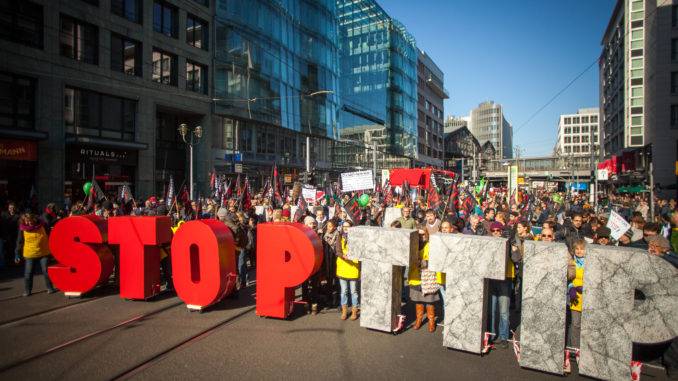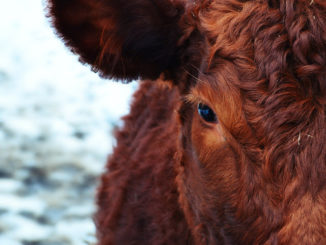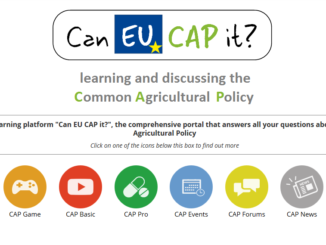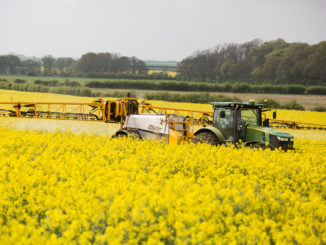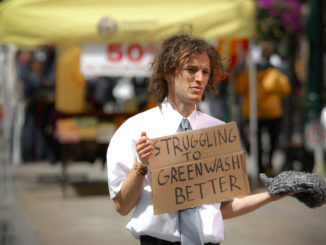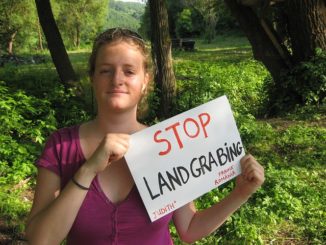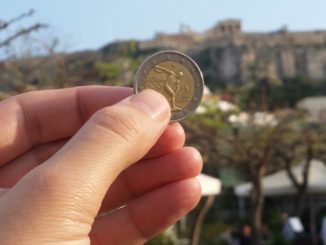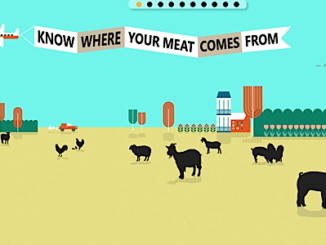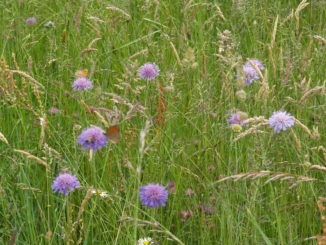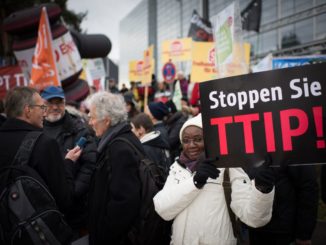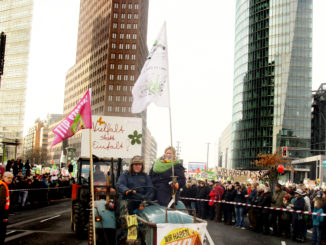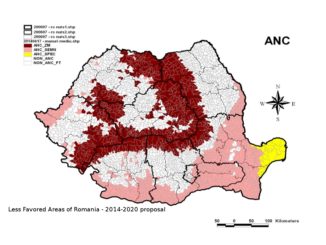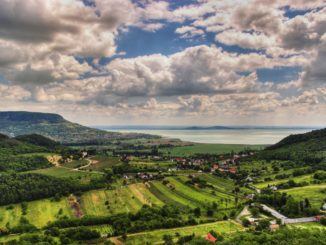According to the EU Commission, a first set of specific actions towards CAP simplification have been announced by Commissioner Phil Hogan, on issues related to the guidelines for Direct Payments this year. Hogan explained: “Some of the proposals which concern direct payments do not require changing the legislative rules, but can be implemented at the level of our current guidelines, and applicable already this year. I intend to follow-up on these proposals by making 6 concrete changes which should facilitate the lives of farmers and national administrations.” These six changes proposed relate to the EFA-layer (Ecological Focus Area), adjacent EFAs, the LPIS (Land Parcel Identification system) and compensation of EFAs in case of wrong declaration. More specifically, the Commission intends: to accept that Member States, that so wish, only need to map declared EFAs; to allow flexibility as regards the identification of EFA’s in the EFA-layer (concerns hedges or wooded strips and trees in line); to allow hedges or wooded strips with gaps up to 4 metres; as regards the implementation of adjacent EFA, in […]
